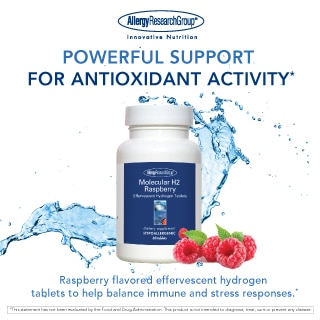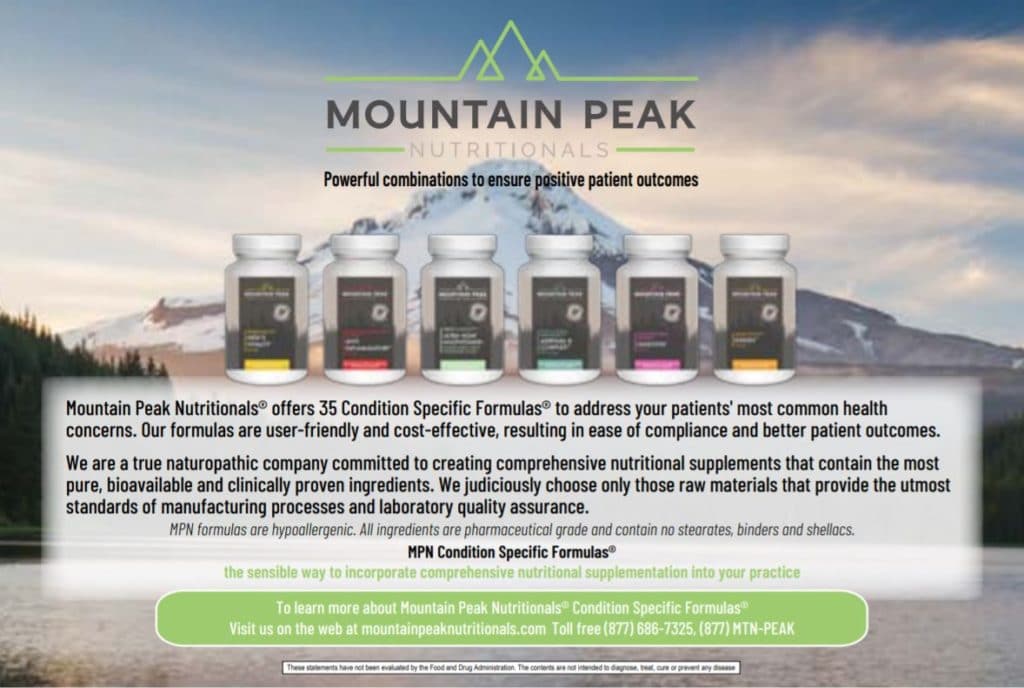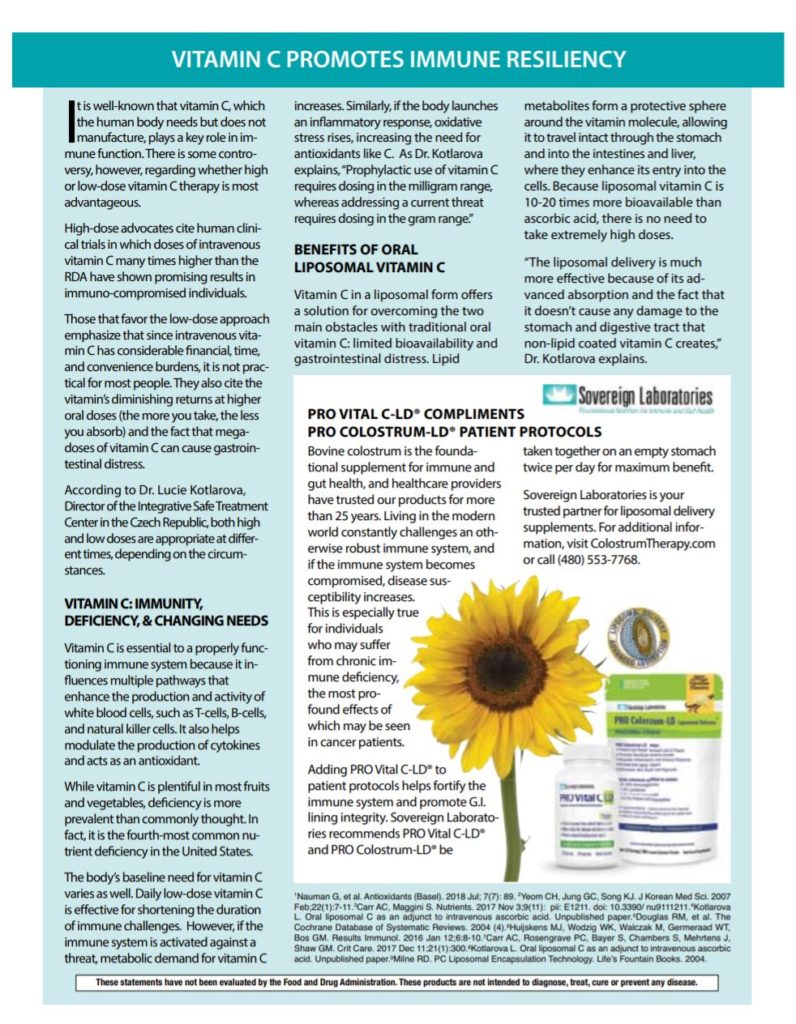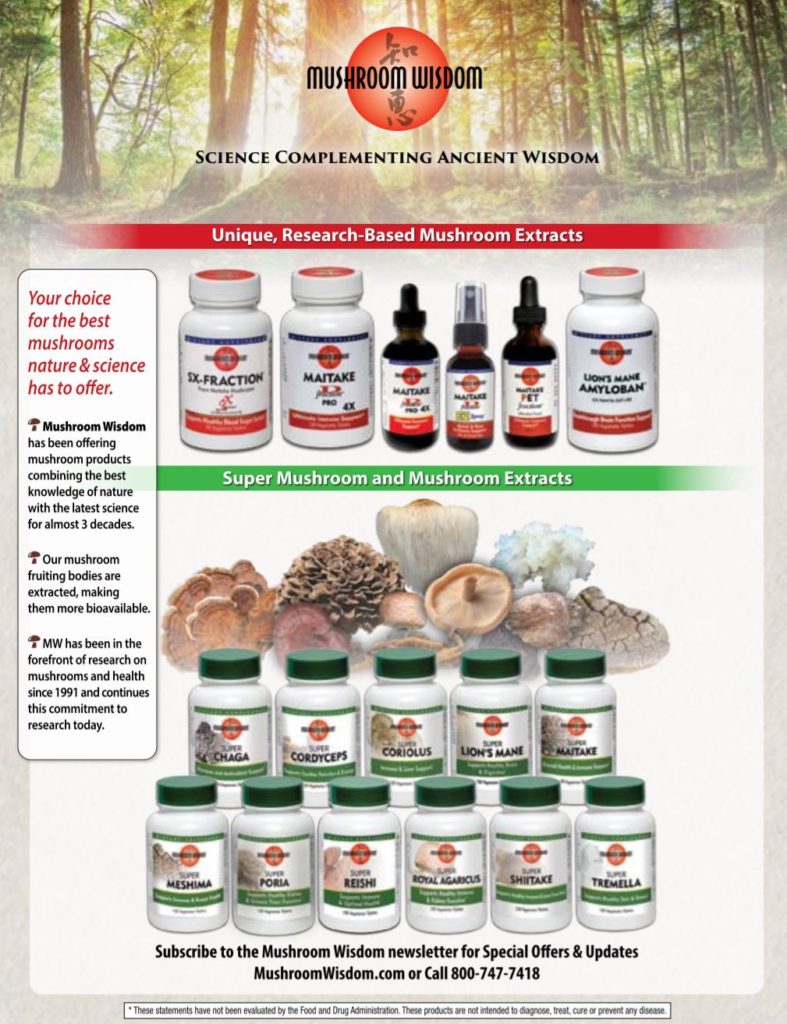by Jen Green, ND
KNOWoncology.org is an integrative oncology database and educational platform created and maintained by the Oncology Association of Naturopathic Physicians. KNOWoncology is a revolutionary tool that supports clinical decision making, creation of patient handouts, authoring of mini systematic reviews, and staying up to date on the human research on natural health products in cancer care. Because the volume of human studies is increasing each year, it is necessary to have a website like KNOW to stay abreast of new and relevant international research.
Methodology: Twice or more yearly, a medical librarian systematically searches Medline and EMBASE for all human studies on natural health products and cancer care. Then KNOW uses a double screening process to identify records that meet criteria (human studies, English language, natural agent used with or without conventional therapies). Articles are then summarized by a team of research assistants and tagged according to tumor type, natural therapy (eg, probiotics, green tea), conventional therapy (eg, radiation, Taxol), and side effects of conventional care (eg, neuropathy, nausea, diarrhea). This allows each study to be fully searchable within the KNOW website.
Search Results: When you search in KNOW, studies result on the screen according to level of evidence (ie. systematic review, then controlled trials, then observational studies and case reports). Most of the studies that have closed access (you have to pay for them) are summarized in a more detailed way so that clinicians can quickly learn the precise population, natural product type, dose and duration, and outcomes of the study. There is also an export button to copy either the whole summary or just the citation into patient recommendations, letters to oncology teams, patient handouts, presentations, or articles.
Comparing KNOW to a PubMed Search: EMBASE, which is the European version of PubMed, has many studies on natural health products and cancer care that are conducted in France, Japan, Southeast Asia, and the Middle East. These studies are missed in a typical PubMed search. In two quality appraisal studies of KNOW, a search in KNOW consistently resulted in a more complete list of human studies than a search in PubMed.1
Applications of KNOW: KNOWoncology.org is both a clinical tool to support evidence-informed decision making, as well as an academic tool to support mini systematic reviews and other evidence-based content. An example of content powered by KNOWoncology.org are three patient brochures (IV Vitamin C in Cancer Care, Tamoxifen Support, and Protecting Your Heart During Adriamycin Chemotherapy), which were done in collaboration with bbct.ngo and OICC.ca: https://oncanp.org/patient-resources/
KNOWoncology.org is up to date and empowers clinicians with current best evidence. To gain access, sign up as a new OncANP member at https://oncanp.org/join-now and get 10% off membership using code “Townsend2020”.
Cancer Studies from 2018/2019 to KNOW About
Breast Cancer. In a double blind RCT, 48 women with stage IIIb breast cancer being treated with neoadjuvant cyclophosphamide-doxorubicin-5FU who took omega 3 fatty acids 1 g/day (EPA and DHA dose not specified) during chemotherapy had a significantly greater reduction in Ki67 expression and VEGF expression post-treatment compared to placebo. Disease-free survival at one year was improved (P=.044) and overall survival was significantly better in the fish oil group (P=.048).2
Comments: This is one of many studies supporting the use of fish oil during chemotherapy for breast cancer. It is also the second trial to show a survival benefit for fish oil in stage III/IV breast cancer. The first RCT by Bougnoux P et al, 2011 was a smaller trial with more advanced patients, where 1.8 g of DHA alongside chemotherapy showed greatly improved survival (P=.007).3 Fish oil likely also decreases side effects from chemotherapy. In a double blind RCT, 1 g DHA during paclitaxel chemotherapy decreased incidence of peripheral neuropathy.4 In an RCT, breast cancer patients taking fish oil 4 g daily concurrent with chemotherapy had better lung strength and endurance.5
Two new systematic reviews, worth reading, on managing side effects in breast cancer discuss the following:
- Treatments for aromatase inhibitor-associated arthralgia in breast cancer survivors: acupuncture, aerobic exercise, omega-3 fatty acids6
- Natural approaches to cancer-related fatigue in breast cancer: guarana, acetyl-L-carnitine, co-enzyme Q10 and diet rich in whole foods, omega-3 fatty acids, fruits, and vegetables7
Colon Cancer. In a small RCT (n=28), patients with stage IV colorectal cancer who took C3 curcumin 2 g/d along with FOLFOX +/- bevacizumab had improved overall survival compared to placebo. No significant difference was found between arms for quality of life or neurotoxicity. The HR for OS was 0.34 (95% CI: 0.14, 0.82; P = 0.02) median of 200 d for FOLFOX and 502 d for CUFOX.8
Comments: Until this study, it was unclear whether curcumin was safe to combine with FOLFOX chemotherapy. Although these findings cannot be extrapolated to other types of chemotherapy or other types of curcumin, it provides a strong rationale that C3 curcumin is safe to use during FOLFOX chemotherapy. It’s also thrilling to see a chemotherapy acronym, CUFOX, to show the integration of a natural health product into cancer care.
In an RCT (n=73), patients undergoing colorectal cancer surgery who took synbiotics (Lactobacillus paracasei, Lactobacillus rhamnosus, Lactobacillus acidophilus and Bifidobacterium lactis plus FOS) for seven days before surgery had reduced inflammation (CRP, IL-6, P < 0.001), fewer postoperative infections (2.8% vs 18.9%, P = 0.02), lower antibiotic use (P < 0.001) and shorter length of hospital stay (P < 0.001).9
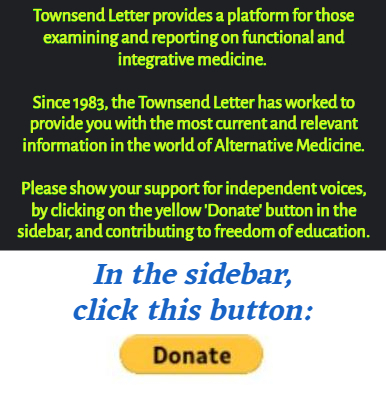
Comments: A previous double blind RCT of synbiotics before colorectal surgery had shown that synbiotics reduced post-operative infections.10 This short, simple intervention with only seven days of probiotics plus FOS showed strong benefits in clinical outcomes and also levels of inflammation.
Ovarian Cancer. In a controlled trial, women with advanced stage III and IV ovarian cancer were divided into five treatment arms of neoadjuvant (before surgery) platinum-taxane with and without long-term platinum-taxane chemotherapy after surgery, and with or without Indole 3 carbinol (I3C) alone, or I3C and EGCG. The group that took I3C alone, or I3C (200 mg BID) and EGCG (200 mg BID) alongside neoadjuvant platinum-taxane chemotherapy as maintenance therapy had significantly statistically better five-year survival (60 vs 44 months, p<.0001), lower CA-125 tumor markers, improved progression-free survival, and less ascites compared with those who did not use I3C/EGCG. There were no adverse events found for I3C and EGCG.11

